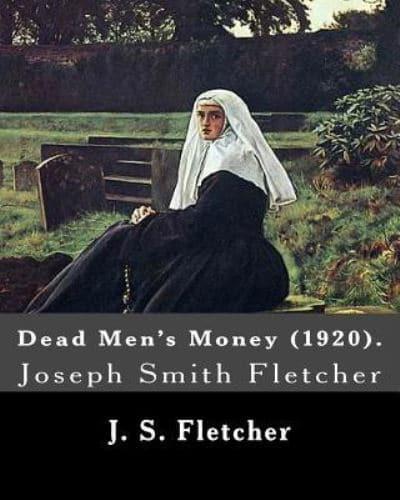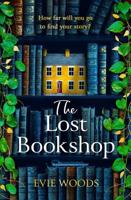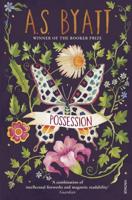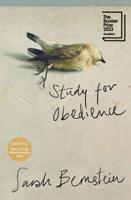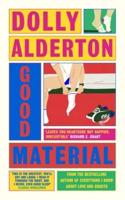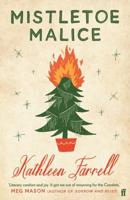Publisher's Synopsis
A GREAT MURDER MYSTERY! There may be folk in the world to whom the finding of a dead man, lying grim and stark by the roadside, with the blood freshly run from it and making ugly patches of crimson on the grass and the gravel, would be an ordinary thing; but to me that had never seen blood let in violence, except in such matters as a bout of fisticuffs at school, it was the biggest thing that had ever happened, and I stood staring down at the white face as if I should never look at anything else as long as I lived. I remember all about that scene and that moment as freshly now as if the affair had happened last night. The dead man lying in the crushed grass--his arms thrown out helplessly on either side of him-- Joseph Smith Fletcher (7 February 1863 - 30 January 1935) was an English journalist and author. He wrote more than 230 books on a wide variety of subjects, both fiction and non-fiction, and was one of the most prolific English writers of detective fiction. Early life and education Fletcher was born in Halifax, West Yorkshire, the son of a clergyman. His father died when he was eight months old, and after which his grandmother raised him on a farm in Darrington, near Pontefract. He was educated at Silcoates School in Wakefield, and after some study of law, he became a journalist. Writing career: At age 20, Fletcher began working in journalism, as a sub-editor in London. He subsequently returned to his native Yorkshire, where he worked first on the Leeds Mercury using the pseudonym A Son of the Soil, and then as a special correspondent for the Yorkshire Post covering Edward VII's coronation in 1902. Fletcher's first books published were poetry. He then moved on to write numerous works of historical fiction and history, many dealing with Yorkshire, which led to his selection as a fellow of the Royal Historical Society. Fletcher wrote several novels of rural life in imitation of Richard Jefferies, beginning with The Wonderful Wapentake (1894). Michael Sadleir stated that Fletcher's historical novel, When Charles I Was King (1892), was his best work. In 1914, Fletcher wrote his first detective novel and went on to write over a hundred more, many featuring the private investigator Ronald Camberwell. Fletcher is sometimes incorrectly described as a "Golden Age" author, but he is in fact an almost exact contemporary of Conan Doyle. Most of his books considerably pre-date that era, and even those few published within it do not conform to the closed form and strict rules professed, if not unfailingly observed, by the Golden Age writers. Personal life: He was married to the Irish writer Rosamond Langbridge, with whom he had one son, Rev Valentine Fletcher, who has subsequently held various ministries across Yorkshire, including Bradford and Sedbergh. Death: Fletcher died in 1935, one week short of his 72nd birthday. He was survived by his wife Rosamond and son Valentine. Popular works Historic York: 34 Water Color Facsimiles of England's Most Picturesque City, c.1909 The Borough Treasurer, 1921 The Charing Cross Mystery, 1923 The Chestermarke Instinct, 1921 Dead Men's Money, 1920 The Herapath Property, 1921 In the Days of Drake, 1897 In the Mayor's Parlour, 1922 The Ivory God, 1907 The Matheson Formula, 1929 The Middle of Things, 1922 The Middle Temple Murder, 1919 The Orange-Yellow Diamond, 1921 The Paradise Mystery, 1921 Ravensdene Court, 1922 The Rayner-Slade Amalgamation, 1922 The Safety Pin, 1924 Scarhaven Keep, 1922 The Talleyrand Maxim, 1920
